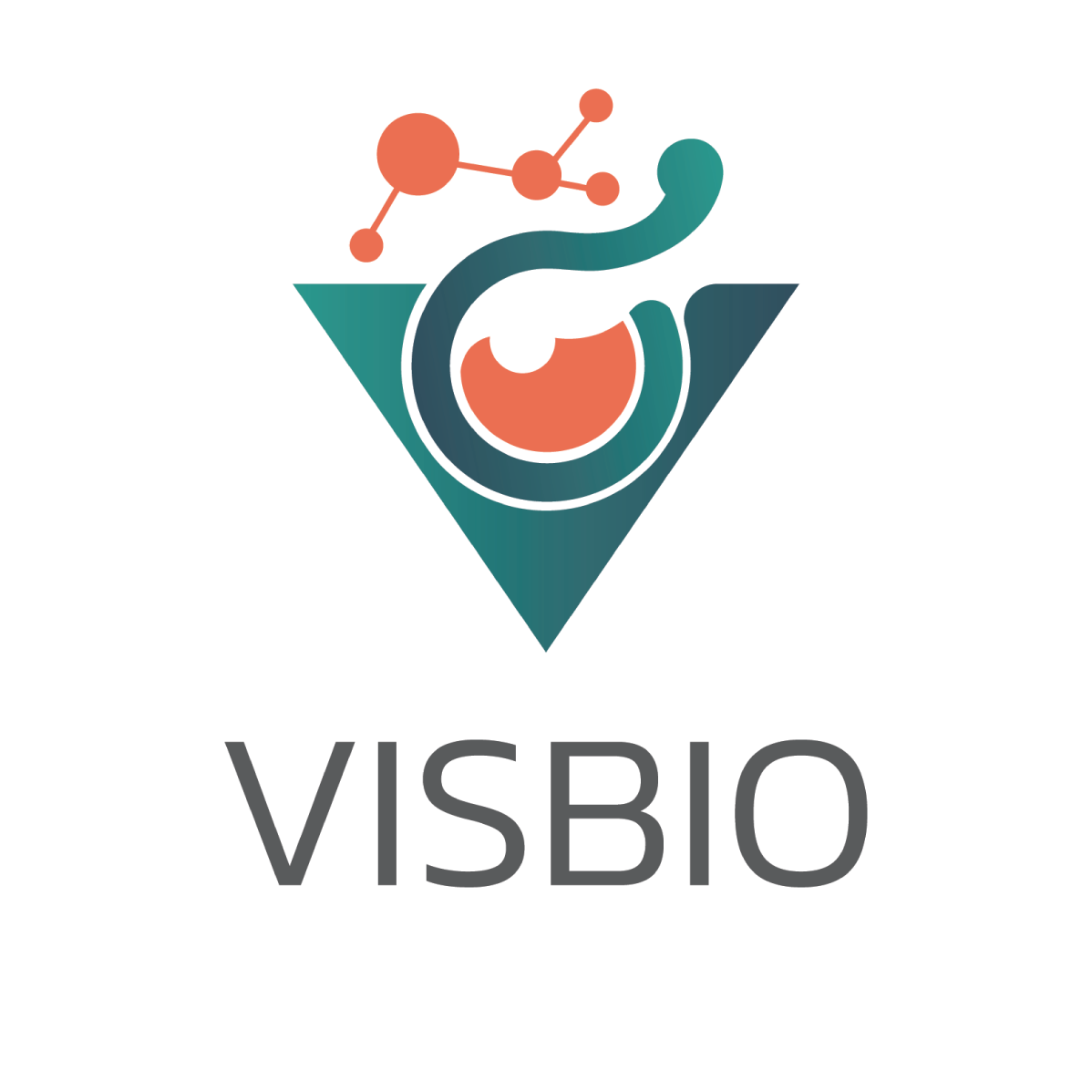High blood pressure remains one of the most pressing global health concerns. It impacts over one billion people and contributing significantly to the risk of heart disease and stroke. As consumers increasingly seek natural alternatives to synthetic medications, the market for functional foods aimed at cardiovascular support is booming. This trend reflects a clear desire for proactive, clean-label solutions. Modern consumers are demanding products backed by credible scientific evidence, focusing on ingredients that offer tangible benefits for long-term wellness. Among the most promising innovations to meet this demand are ACE inhibitory peptides.
These are a specific type of bioactive peptide, or short protein fragments, that can naturally help reduce blood pressure. One way is by blocking the angiotensin converting enzyme. While pharmaceutical inhibitors for this enzyme are common, researchers are exploring how food-derived peptides may offer clean-label and side-effect-free solution. This research opens the door to a new category of nutritional products that bridge the gap between everyday food and targeted therapeutic benefits. Thus, offering a gentler approach to managing today’s most common health issues.
In a major scientific breakthrough, researchers have identified a way to harness the power of cooked chicken muscle protein. This widely available poultry source can be used to deliver naturally occurring peptides that support healthy blood pressure. More importantly, these specific peptides are scientifically proven to survive digestion and successfully pass through the intestinal wall. This critical step ensures they can reach the bloodstream in their active form to deliver real, measurable benefits. This way, transforming an everyday food into a powerful functional ingredient for cardiovascular wellness.
Why ACE Inhibition Matters in Functional Nutrition and Health
The specific enzyme targeted by these peptides plays a critical role in regulating blood pressure as a key component of the Renin-Angiotensin-Aldosterone System (RAAS). In this system, the enzyme’s primary function is to convert angiotensin I into the highly potent angiotensin II. As a powerful vasoconstrictor, angiotensin II causes blood vessels to contract, which narrows the vessels and raises blood pressure. Therefore, inhibiting the action of this enzyme helps relax blood vessels, leading to better circulation and significantly reduced cardiovascular strain.
For decades, pharmaceutical inhibitors have been the standard medical treatment for hypertension. However, these effective synthetic drugs can sometimes come with undesirable side effects for patients, such as dizziness, fatigue, or a persistent dry cough. As a direct result, scientific and consumer attention has increasingly turned toward naturally derived peptides that can offer gentle yet effective inhibition without the associated negative effects. This aligns perfectly with the growing demand for proactive health management through the power of functional ingredients.
Chicken muscle protein, especially when cooked and then digested, has been shown to be a rich source of these beneficial compounds. The digestion process breaks down large proteins into short peptide chains that possess potent inhibitory activity. A crucial finding from the research is that these peptides demonstrate strong enzyme inhibition in laboratory tests. They are also capable of being absorbed through the human intestinal barrier. This ability of a bioactive peptide to be absorbed is a critical factor in determining its real-world success as an oral supplement.
Simulating the Human Gut to Validate Peptide Absorption
To determine if these protein fragments could realistically be effective in consumer health products, the research team conducted sophisticated simulation. They replicated both human digestion and absorption using a cutting-edge in vitro system. This approach allows researchers to gain valuable insights into how an ingredient will behave inside the human body. The goal was to follow the peptides’ journey from initial consumption to their potential entry into the bloodstream. Achieving this requires successful passage across the intestinal wall.
The simulation began with the digestion phase. The cooked chicken meat was treated with enzymes that mimic the environment of the human stomach and small intestine. This process effectively breaks down the complex muscle protein into a mixture of smaller peptides, just as it would happen in a real digestive system. The resulting digested solution, rich in various peptide fragments, was then carefully collected. This solution represented the exact material that would be available for absorption in the human gut.
Next, the digested solution was applied to a layer of Caco-2 intestinal cells. This cell line is a globally recognized model that accurately simulates the human intestinal wall. These cells form a barrier that compounds must cross to move from the intestine into the bloodstream. This experimental step, known as a transepithelial transport assay, is critical for measuring bioavailability. The team analyzed which peptides successfully made the journey across this cell barrier and whether they maintained their function after passage.
Key Findings on Bioactivity and Absorption
The results of this comprehensive study revealed several important insights. They position chicken-derived peptides as an exceptionally exciting and viable functional ingredient for the health and wellness market. The findings provided strong, data-driven evidence that moves these compounds from the realm of theoretical possibility to practical application.
Bioactivity Was Confirmed
The digested chicken peptides displayed significant inhibitory activity against their target enzyme. This was scientifically measured by their IC50 values, a standard metric indicating how much of a bioactive peptide is needed to inhibit 50% of the enzyme’s activity. The values recorded were comparable to other effective peptide-based inhibitors, confirming their high potency.
Bioavailability Was Proven
A critical discovery was that many of the active peptides were small enough to be absorbed. Using advanced analytical techniques, the team confirmed the presence of these active peptides on the opposite side of the Caco-2 cell monolayer. This finding serves as direct proof of successful transepithelial transport, showing that these peptides could be absorbed into the bloodstream under real-world conditions.
A Passive Absorption Pathway Was Identified
The research indicated that the peptides used a combination of passive diffusion and established peptide transporter pathways. This is a highly significant finding because it means they do not require any special or complex delivery mechanisms to be effectively absorbed. This characteristic makes them ideally suited for easy inclusion in a wide range of product formats, including oral supplements and functional drinks.
Real-World Applications for Chicken-Derived Peptides
The implications of these findings are significant and far-reaching. They create exciting opportunities for companies operating in the nutraceutical, functional food, and the rapidly growing beauty-from-within sectors.
Cardiovascular Health Supplements
These peptides are ideal for daily-use supplements supporting long-term heart health. The target market includes middle-aged consumers, fitness enthusiasts, and individuals with hypertension risks. Products can be capsules, protein powders, or ready-to-drink functional beverages enriched with muscle protein.
Active Lifestyle and Sports Nutrition Products
Derived from high-quality poultry protein, these peptides provide dual benefits. They support cardiovascular health and aid muscle repair after exercise. Sports nutrition brands can use them in multi-functional products appealing to health-conscious consumers and athletes.
Beauty-from-Within Formulations
Cardiovascular health links closely to skin vitality. Poor blood flow contributes to premature skin aging and reduced collagen. By improving circulation, these peptides support anti-aging supplements and holistic wellness programs. They help bridge internal health with external beauty.
Benefits for Manufacturers and Product Developers
For companies focused on clean-label innovation backed by credible science, chicken-derived peptides offer a unique and compelling value proposition that meets several key market demands.
- Scientifically Validated: The peptides’ efficacy and absorption have been validated through rigorous, cell-based transepithelial transport studies, providing the scientific proof that consumers demand.
- Sourced from Everyday Protein: These peptides are derived from chicken, a familiar poultry source, meaning there are no exotic ingredients or common allergen concerns to navigate.
- Easy to Formulate: Their inherent stability means they are easy to formulate into popular consumer formats like capsules, drinks, or functional foods.
- Broad Market Appeal: The ingredient appeals to both mainstream and premium markets, thanks to strong efficacy and bioavailability data.
With consumers demanding natural solutions that still deliver tangible results, this research offers an ideal foundation for developing new and successful products in a highly competitive category.
Why Bioavailability Research Is Crucial for Success
Many promising natural actives fail to reach their full potential because they cannot be effectively absorbed by the body. An ingredient is only useful if it can get from the digestive system into the bloodstream. That is why bioavailability testing, using methods like the Caco-2 monolayer assay to measure transepithelial transport, is such a critical step. It offers a reliable preclinical window into how well an ingredient will likely behave in real-life human digestion and absorption scenarios.
The work on peptides from chicken muscle protein provides a clear and effective template for other companies seeking to develop food-derived bioactives. It offers a proven methodology to test both the efficacy and the absorption potential of a new ingredient before making the significant investment required for more expensive human clinical trials. This de-risks the innovation process and allows for more confident, data-driven decisions during R&D.
Bring Your Functional Ingredient Vision to Life with VISBIO
At VISBIO, we specialize in helping brands translate complex biochemistry into market-ready solutions. From in silico molecular modeling to in vitro absorption studies, our research and consulting services empower your R&D pipeline with data-driven confidence. We help you navigate the scientific challenges to build a product with a clear, defensible story.
Whether you are formulating a breakthrough heart health supplement or developing advanced functional nutrition, VISBIO is ready to help. Our expertise spans discovery, validation, and commercialization, ensuring every stage is supported. We partner with you to bring your vision to life with confidence and precision.
Contact us today for a free consultation. Learn how your business can benefit from the deep science behind ACE inhibitory peptides and other emerging natural actives. Let us explore how your next product line can be built on a solid foundation of credible science and unique market appeal.

About the Author:
Associate Professor Dr. Kiattawee Choowongkomon is a renowned expert in natural product drug discovery, with a focus on exploring plant-derived compounds for therapeutic applications. His research integrates traditional knowledge with advanced scientific techniques to develop innovative cancer treatments.
About the Research:
This study, titled “Transepithelial transport across Caco-2 cell monolayers of angiotensin converting enzyme (ACE) inhibitory peptides derived from simulated in vitro gastrointestinal digestion of cooked chicken muscles,” was published in Food Chemistry (2018) with the DOI 10.1016/j.foodchem.2018.01.047. It highlights that peptides from cooked chicken, a common poultry source, can effectively cross an intestinal cell model. The research confirms that mild heat treatment enhances the amount of bioactive peptide that undergoes transepithelial transport, suggesting a viable natural approach for developing functional ingredients from muscle protein to support cardiovascular health.


